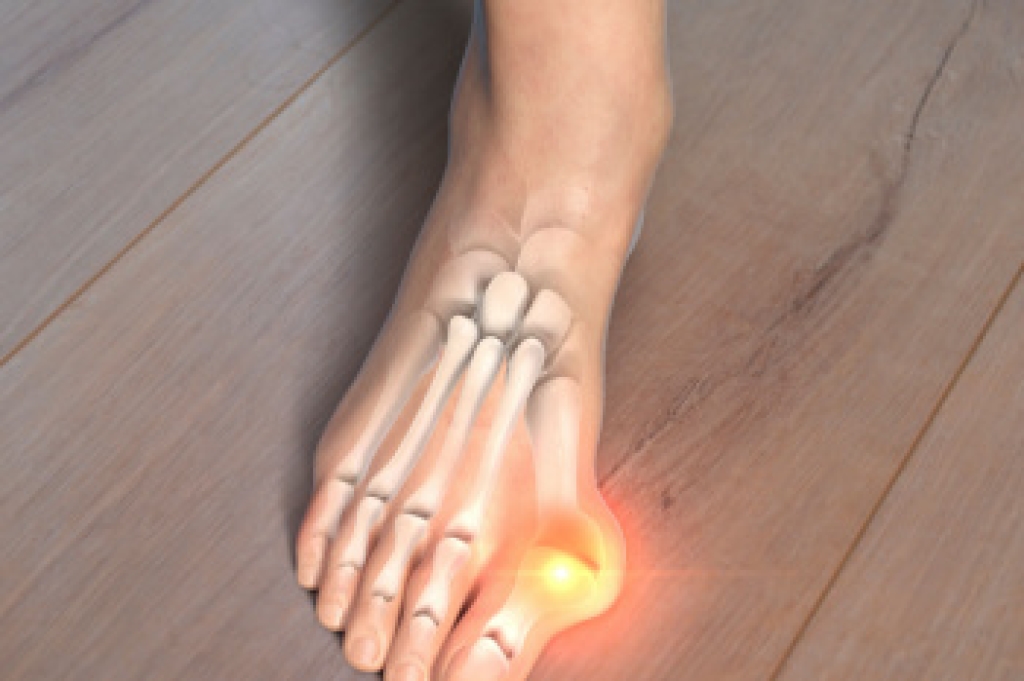
If you are struggling with daily pain from a bunion, you may wonder if having surgery is the right choice. A bunion is not just a bump on the side of the big toe. It develops when the joint at the base of the big toe shifts out of place as the tip pushes toward the other toes. This can lead to pressure, skin sores, and even affect the alignment of the second toe. Surgery is the only way to correct the position of the bones and relieve pressure caused by the bunion. A podiatrist may recommend one of several procedures, including cutting and repositioning the bones, or fusing parts of the foot to stabilize the joint. The main benefit of bunion surgery is long-term relief from pain and improved foot function. However, recovery can take weeks. Risks include swelling, stiffness, and rare complications like infection or nerve irritation. If you have a painful bunion, it is suggested that you schedule an appointment with a podiatrist to find out if surgery is the right option for you.
If you are suffering from bunions, contact Rahil Baxamusa, DPM of Illinois. Our doctor can provide the care you need to keep you pain-free and on your feet.
What Is a Bunion?
A bunion is formed of swollen tissue or an enlargement of boney growth, usually located at the base joint of the toe that connects to the foot. The swelling occurs due to the bones in the big toe shifting inward, which impacts the other toes of the foot. This causes the area around the base of the big toe to become inflamed and painful.
Why Do Bunions Form?
Genetics – Susceptibility to bunions are often hereditary
Stress on the feet – Poorly fitted and uncomfortable footwear that places stress on feet, such as heels, can worsen existing bunions
How Are Bunions Diagnosed?
Doctors often perform two tests – blood tests and x-rays – when trying to diagnose bunions, especially in the early stages of development. Blood tests help determine if the foot pain is being caused by something else, such as arthritis, while x-rays provide a clear picture of your bone structure to your doctor.
How Are Bunions Treated?
- Refrain from wearing heels or similar shoes that cause discomfort
- Select wider shoes that can provide more comfort and reduce pain
- Anti-inflammatory and pain management drugs
- Orthotics or foot inserts
- Surgery
If you have any questions, please feel free to contact our office located in Crystal Lake, IL . We offer the newest diagnostic and treatment technologies for all your foot care needs.
